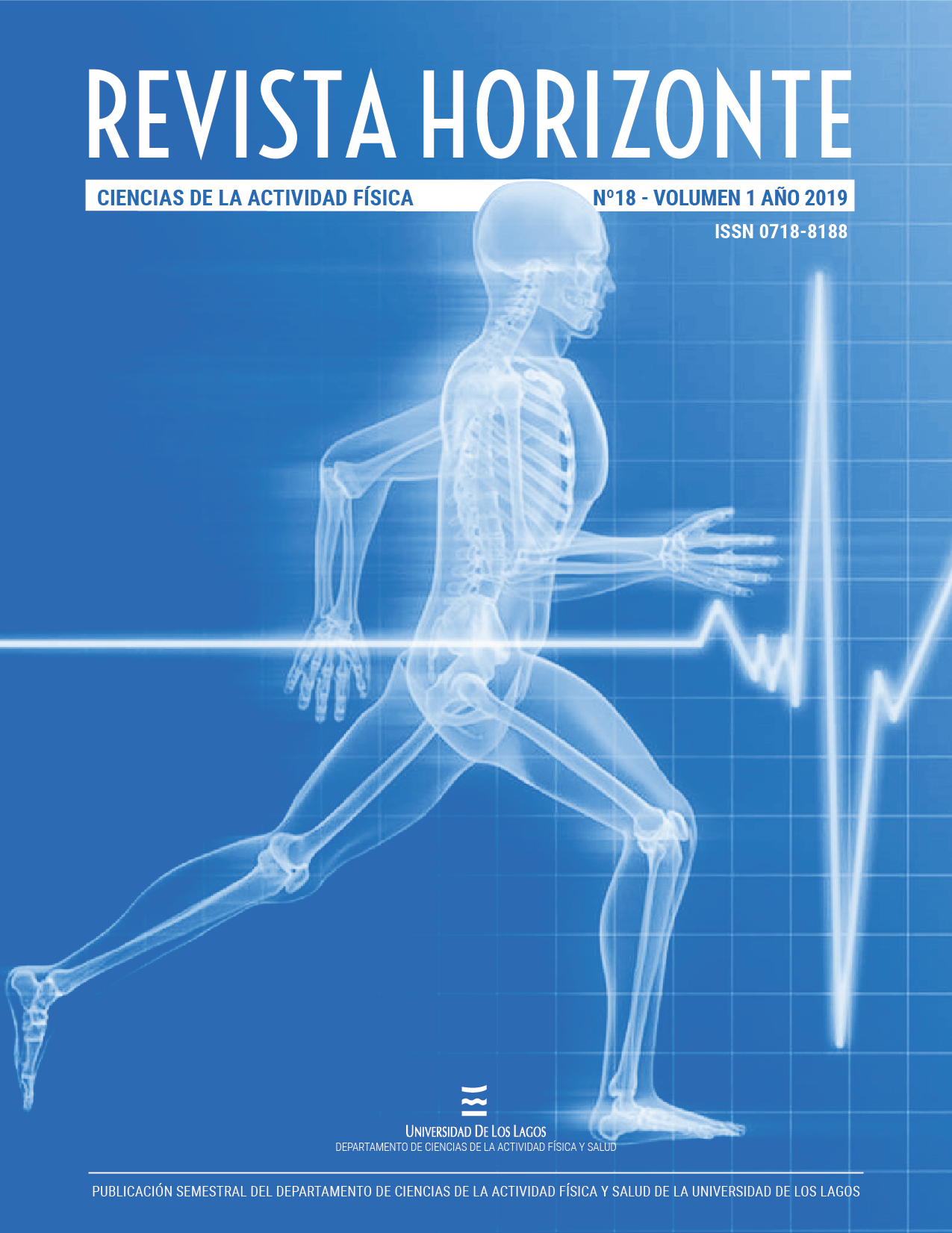Effects of the Functional Exercise in the Physical Condition of the Institutionalized Major Adult
Main Article Content
Abstract
Objective: to evaluate the effect of functional exercise on the physical condition of the institutionalized older adult. Material and Methods: comparative and correlational single blind study. We studied 33 subjects from the city of Talca, average age 74 years (SD =+/-7). The experimental group performed functional exercises for 12 weeks and the control group continued with their usual routine. Anthropometric, physiological, functional and self-perception evaluations were carried out. The study was approved by the ethics committee of the Catholic University of Maule. Shapiro-Wilk was used for the normality analysis of the data, anthropometric and physiological comparisons by means of t-test for independent samples, comparisons of the variation in the physical condition by means of ANOVA, correlations through Pearson and description of self-perception by means of table frequency. In all cases, a p <0.05 was adopted. Results: The results showed that there were significant differences in the physical condition between control and experimental group (p <0.05). There were correlations between the components of the physical condition after exercise (p <0.05). After the exercise, 82% of the control group rated their physical condition as bad and 100% of the experimental group rated it as acceptable or good. Conclusion: it is concluded that functional exercises significantly improved the physical condition of the institutionalized older adult, significantly influenced the relationship of its functional components and their self-perception of well-being. These results suggest regular functional exercise as prevention to diminish the physical effects that the institutionalization of the older adult entails.
Article Details
Downloads

This work is licensed under a Creative Commons Attribution-NonCommercial-ShareAlike 4.0 International License.
